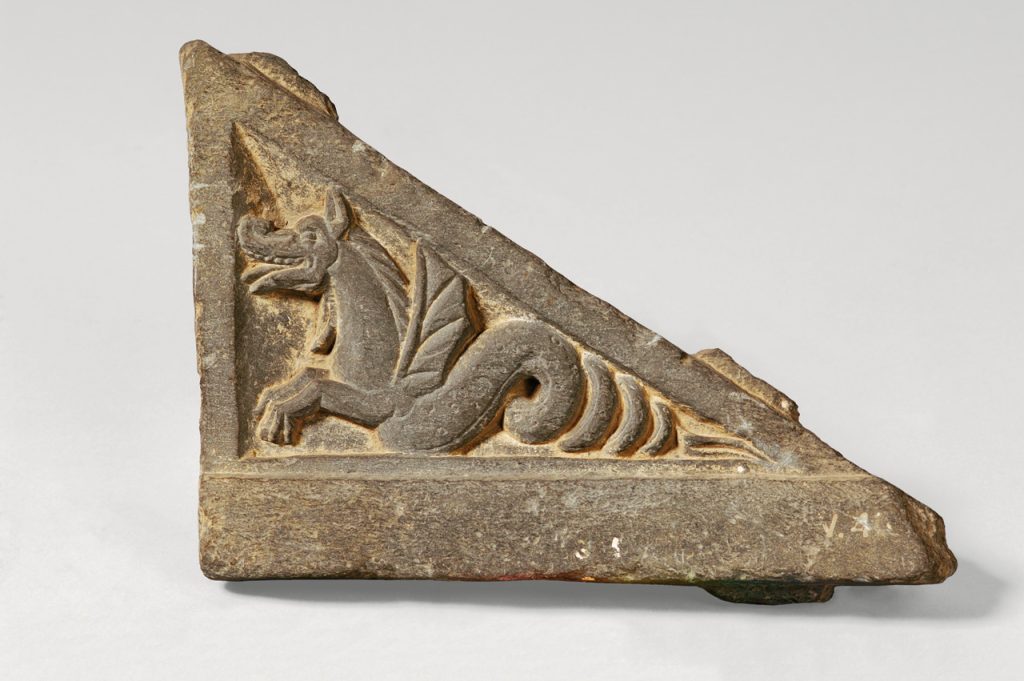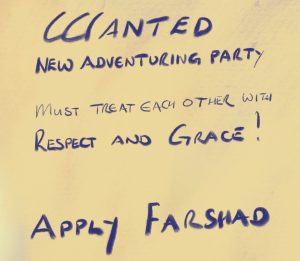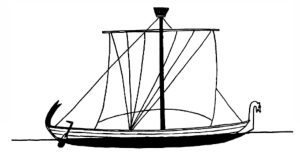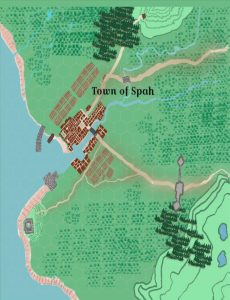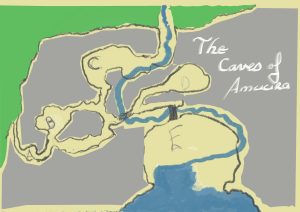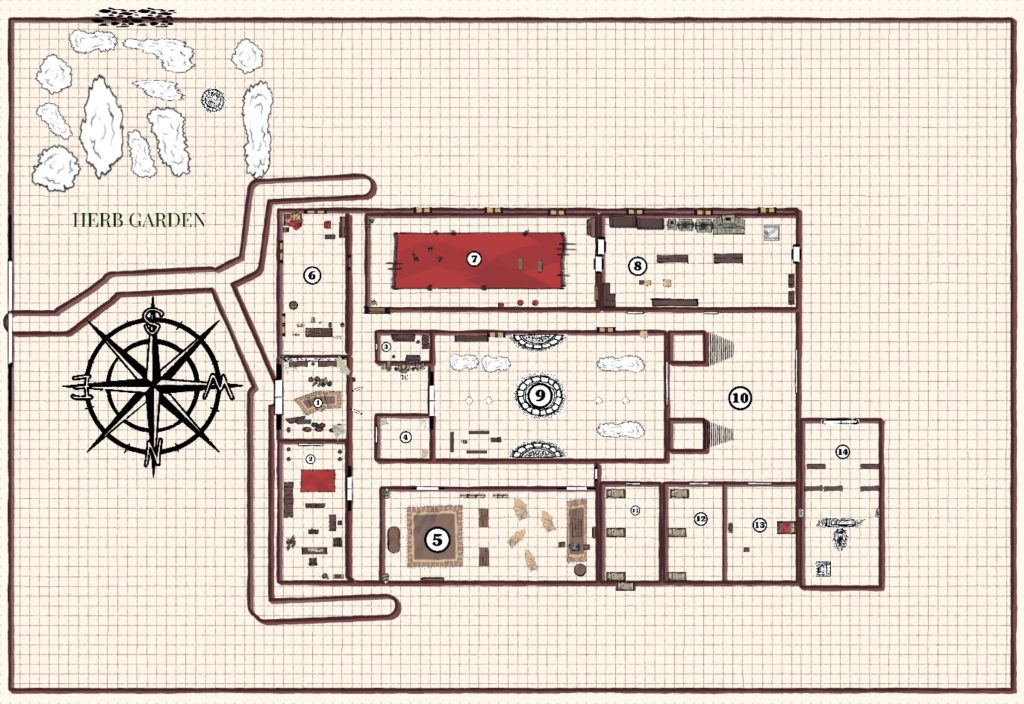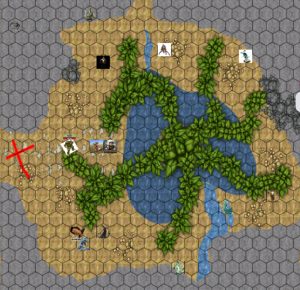Our heroes, having infiltrated the settlements of the swamp Kurrim and successfully impersonated the scheming merchant Uktannu and his associates, are at a bit of a loss what to do now they are here. To try and placate dissent in the Kurrim ranks by killing or driving off Gal-Kyushu, a monstrous crocodile that has been hunting Kurrim. The group are travelling through the swamp, guided by Utana who finds his skills in mountains and deserts peculiarly well suited for swamplands. They continue
Our cast
- Farshad – Merchant of the Rule of Ishtir, musician and Agent of the Rule
- Utana – Noble of the Rule of Haraxa, Agent and Acting-Databdara (Magistrate) of the nation
- José Juan – Foreigner from the far west, warrior, healer and Agent of the Rule
- Jalabu – Noble of Dilmun, Merchant-Adventurer and agent of the Rule, currently a NPC
Absent
-
- Fetnah – Shaman from a long time ago, and a forgotten and lost land, and agent of the Rule
- Smersh – Larcenous Priest from long time ago, and a nation long gone, Databdara (Magistrate) and agent of the Rule
- Arpaesis – From the far western land of Ta-Khemet, student of Arcane Lore, and agent of the Rule, currently studying books of Lore
- Dhran the White – of humble origin in Ishtir, warrior, agent of the Rule, currently studying in the capital and trying to unionise
Having exhausted the ridge that saved the characters much squelching hardship and slow progress, and led them to dancing fish, they sett off, choosing a straight overland route and eschewing the waterway.
Soon, ahead of them they heard singing, with words that Utana could sort of pick up, an archaic form of the Kurrim language, Kutakurrim, similar to the dialect he had heard back in the settlements, a descendant of language once wide spread, and established nowhere else on this side of Haraxa. Where were the Kurrim that the frogs had picked the language up from?
 Gingerly, they went forward, only to find another pool, full of frogs, singing recognisable words in a mortal language.Utana replied in simple,Kurrim, as archaic as he could. The frogs picked these words up, and found his words being repeated amongst the song of the frogs.
Gingerly, they went forward, only to find another pool, full of frogs, singing recognisable words in a mortal language.Utana replied in simple,Kurrim, as archaic as he could. The frogs picked these words up, and found his words being repeated amongst the song of the frogs.
Farshad wondered aloud if he could charm the frogs (GM’s reply I don’t think you can beguile a frog) , and decided to go for it. He started weaving his own words in with the frogs’ songand drumming on his legs as he sat down and let the frogs come to him, they closed around him in a semicircle, the others speculated if the frogs might be poisonous to the touch, or have other qualities. Curious, and hopeful that the word the Kurrim use for crocodile, “kushu”, might provoke a reaction. It did, the frogs hid behind Farshad , leaving open the way they were heading, confirming the path ahead.
Farshad stood up, taking care not to disturb the frogs, and the group went on, following the frog guidance and continuing on their way. The frogs followed, gently singing as they kept close to Farshad. José Juan always surveying for interesting plants halted the group. Flipping through his book, he noted that a swamp plant bore a resemblance to a mountain plant, the pungent Áshvabaahp. The root of this, if it is like the mountain plant, is a powerful soporific, the berries and leaves, a stimulant, but to administer this abhorrent plant usually involves disguising it with sweeter herbs and honey.
By a coincidence, a buzzing noise alerts the group to insects in their path. A source of honey? Alas no, these are swamp wasps, nasty things. Does Farshad’s music hath charms to soothe the savage wasp? Nah, best avoided, so they did, still followed by frogs.
The next stint brought them to a small lake fed by the river, or a wide part of the river separated by an island, depending how you look ar it. In this separated small lake, a central island was joined by a rotting wooden bridge. No immediate sign of any crocodile, they decided to cross to the island in the centre of this body of water, though the frogs stayed on the shore, watching, their singing muted.
The woods, slimy and rotten, was not the easiest to cross, all fell in, and ended up swallowing some of the water, becoming sickened and somewhat feeble. Despite this comedy of errors, they managed to get onto the island, though all the splashing about attracted a creature.
It was not, however, a crocodile. Either the Kurrim were wrong about the nature of Gal-Kushu, or this creature had eaten it.It was a Nishimiru, a monstrous serpent like creature, formed of the corpse of a celestial lizard slain by a god, this was a small one, though still long, though narrow,
In the fight that ensued, the group rued their lack of heavy armour, left behind because of the swampy terrain. The nishimiru attacked by biting, swallowing, sweeping off their feet and attemping to crush under its weight. In that fight, José Juan was bitten, poisoned, knocked down and the Nishimuru, though slender, crushed him down under many coils, Jalabu was also knocked down, but generally unharmed. Farshad though, Farshad was swallowed whole, and was being worked down the gullet.
Throughout that, they all struck, pierced and hacked the Nishimuru. Utana did sterling work with his fish spear, wrenching a great hole in its flesh, despite his enfeebled state, aided by its own writhing. That at least, gave Farshad something to aim for as, against the usual advice, he headed to the light, though the constricting muscles did not always allow him to slice further.
It was not a weapon, but two hands desperately wrenching at the hole in the Nishimuru that finally did for it, and it collapsed, Farshad wriggling free, almost like being born, through a gap, and José Juan pulled himself out from under the writhing corpse.
Wet, sweaty, battered, bruised, sore, poisoned, they settled down to camp by a fire. And there we left it.

